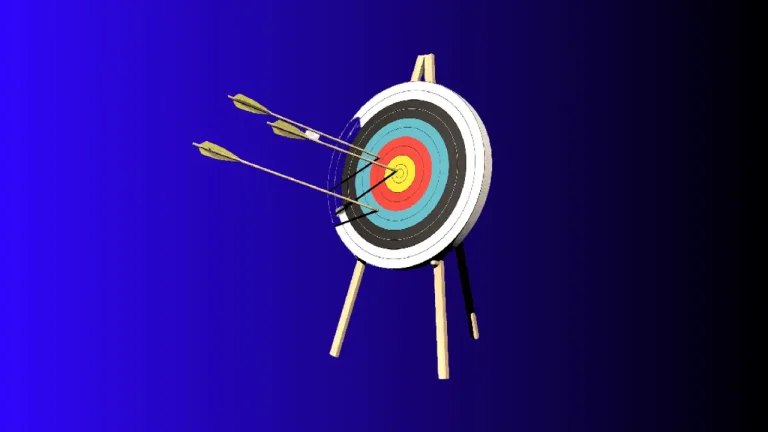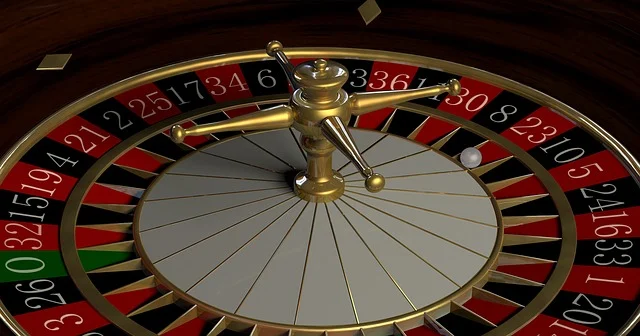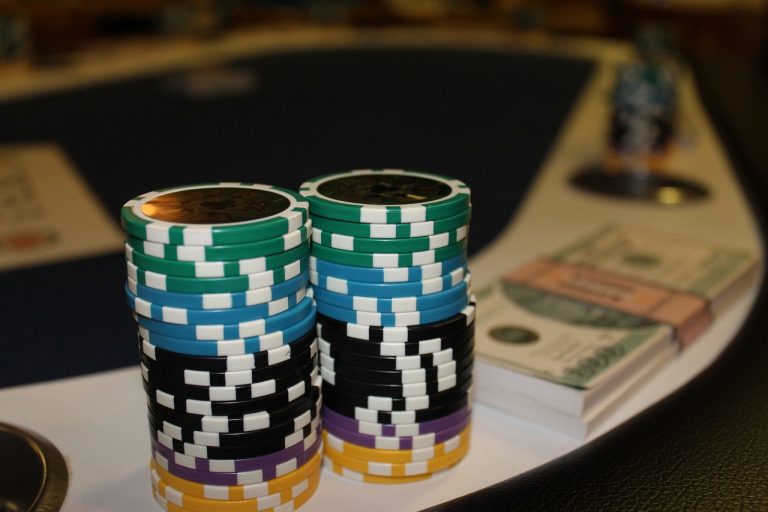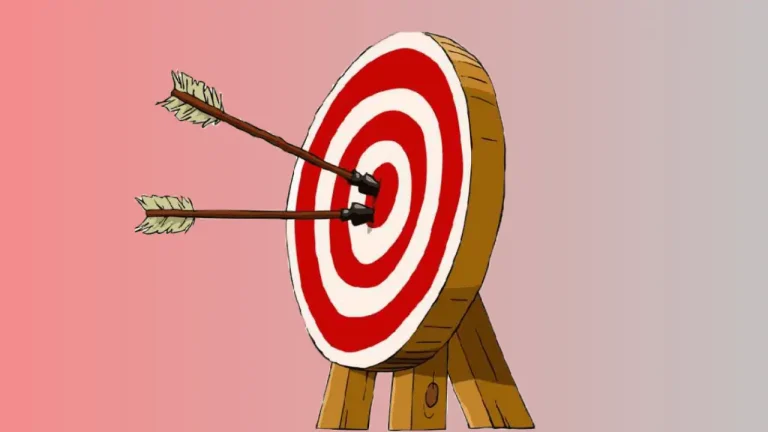“The Unwritten Rules of the Tennis Court”
Tennis Etiquette: The Unwritten Rules of the Tennis Court
Tennis, a sport known for its elegance and precision, is not just about powerful serves and accurate volleys; it’s also about the unspoken code of conduct that governs player behavior on the court. Tennis etiquette, often referred to as the unwritten rules of the game, is an essential aspect of the sport. We will discuss The Unwritten Rules of the Tennis Court.
Understanding and adhering to these unwritten rules not only enhances the overall experience for players but also fosters a sense of respect and sportsmanship. In this article, we will explore the key aspects of tennis etiquette that every player should be aware of.
Respect for Opponents
In the world of tennis, respect for opponents is a foundational principle of good sportsmanship and proper etiquette. While tennis is undoubtedly a competitive sport where the aim is to outplay your opponent, it’s equally important to uphold a high level of respect and courtesy towards the person standing on the other side of the net. This respect not only elevates the spirit of the game but also ensures a positive experience for all involved. In this section, we will delve deeper into the significance of respecting opponents in the world of tennis.
The Pre-Match Ritual: A Handshake and Introduction
Every tennis match begins with a simple yet profound gesture: the handshake. Before stepping onto the court, it’s customary for players to extend their hand to their opponent, establishing a connection of respect. This gesture is more than just a formality; it signifies that, despite the impending competition, there’s a recognition of your opponent’s presence and abilities. It’s a way of saying, “We are here to compete, but we respect each other as fellow athletes.”
In addition to the handshake, it’s often a good practice to introduce yourself to your opponent, especially if you haven’t played against them before. This small act of courtesy can set a positive tone for the match, fostering a sense of camaraderie even in the midst of competition.
Also Visit: Bhutan Teer Result: Live Today Common Number & Hit Number,
During the Match: Maintaining a Respectful Demeanor
Once the match begins, maintaining a respectful demeanor towards your opponent is crucial. Tennis can be mentally and emotionally challenging, and it’s during these moments that respect becomes even more essential. Avoid engaging in unsportsmanlike behavior, such as:
- trash-talking,
- taunting,
- or trying to distract your opponent.
These actions not only go against the spirit of the game but can also lead to penalties or disputes.
Instead, focus on your own game and exhibit good sportsmanship at all times. If your opponent makes an impressive shot or shows great skill, acknowledge it with a nod or a word of praise. Recognizing your opponent’s achievements demonstrates your appreciation for their talent and reinforces the idea that tennis is a battle of skills and sportsmanship, not personal animosity.
Win or Lose: Graceful in Victory and Defeat
In tennis, the outcome of a match can vary greatly, and both victory and defeat are part of the sport. How you handle these outcomes is a testament to your character and your commitment to respecting opponents. If you win, be gracious in your victory, whether it’s a friendly match at your local club or a high-stakes bet on tennis. Shake your opponent’s hand once again and offer a sincere “good game” as a show of respect. Avoid celebrating excessively or rubbing your victory in your opponent’s face.
Conversely, if you find yourself on the losing side, it’s equally important to be gracious in defeat. Congratulate your opponent on their win and maintain a positive attitude. Accept the outcome with dignity and use it as a learning experience to improve your skills for future matches. Remember, showing respect in both victory and defeat not only reflects positively on you but also contributes to the overall sportsmanship of the sport.
Court Etiquette
Court etiquette involves a set of guidelines that ensure fair play and a smooth flow of the game. One crucial aspect is waiting your turn to play. After each point, players should stand at the baseline and allow the server to prepare for the next serve. It’s essential to be ready to receive the serve promptly. Avoid delaying the game by taking too much time between points.
Additionally, when playing doubles, communication with your partner is key. Make sure to discuss strategy, call out the score, and move as a team. Avoid interfering with your partner’s shots or getting in their way. Proper court positioning and cooperation can make a significant difference in the outcome of the match.
Umpire and Line Judge Respect
In tennis, there are often umpires and line judges overseeing the match to ensure fair play. It’s crucial to treat these officials with respect. Refrain from arguing with their decisions or questioning their judgment, as this can lead to penalties or even disqualification. If you believe a call is incorrect, you can politely request a review if it’s allowed in the specific match format.
Maintaining a calm and composed demeanor when interacting with officials not only reflects well on your character but also contributes to a more enjoyable and smoothly run match. Remember that umpires and line judges are there to ensure fairness and uphold the rules of the game.
Proper Attire and Equipment
Lastly, another aspect of tennis etiquette is wearing appropriate attire and using the right equipment. Players should wear tennis-specific clothing and shoes that are comfortable and suitable for the court surface. Avoid wearing distracting or inappropriate attire that could disrupt your opponent or the overall atmosphere of the game.
Regarding equipment, ensure that your tennis racket is in good condition and adheres to the rules and regulations of the sport. It’s also a good practice to bring an extra racket in case of string breakage during a match, as interrupting play to restring a racket can be disruptive.
Respecting the Facility and Environment
Respecting the tennis facility and the environment is another essential aspect of tennis etiquette. Pick up after yourself and dispose of any trash properly. Maintain the cleanliness of the court and the surrounding area. Be considerate of other players waiting for their turn by vacating the court promptly when your match is finished.
In outdoor settings, such as public tennis courts, be aware of noise levels and avoid disturbing nearby residents or other players with loud conversations or music. Keep in mind that many tennis facilities have specific rules about when and how lights should be turned off after evening matches, so be sure to follow those guidelines to avoid inconveniencing others.
Conclusion
In the end, tennis etiquette is like the manners and rules you follow when playing tennis. It’s not just about hitting the ball over the net. It means being nice to your opponents, playing fair, being polite to the people in charge, wearing the right clothes and using the right equipment, and taking care of the tennis place. When you follow these unwritten rules, you not only become a better tennis player but also make tennis more fun for you and everyone else. So, the next time you play tennis, remember that how you act is just as important as how good you are at the game. Be kind and follow the rules to make tennis enjoyable for everyone!






